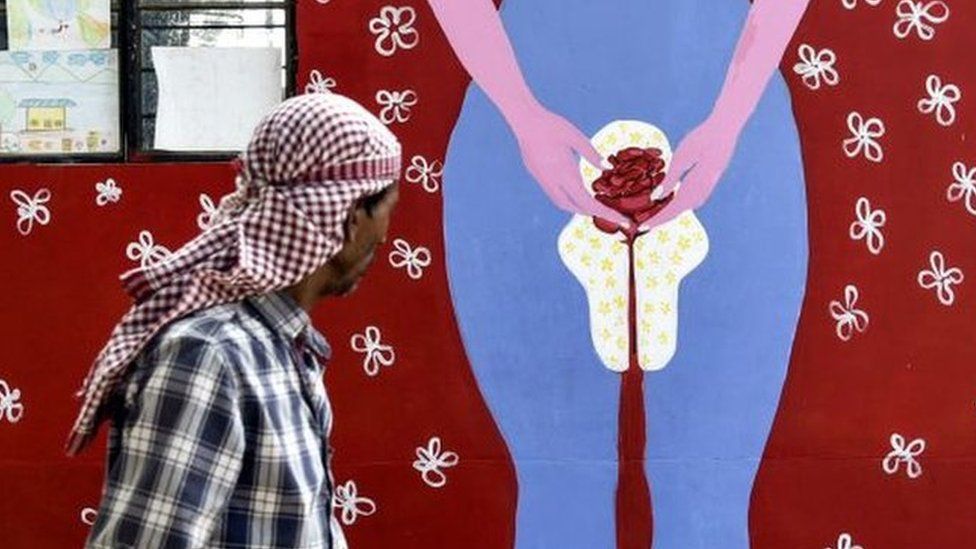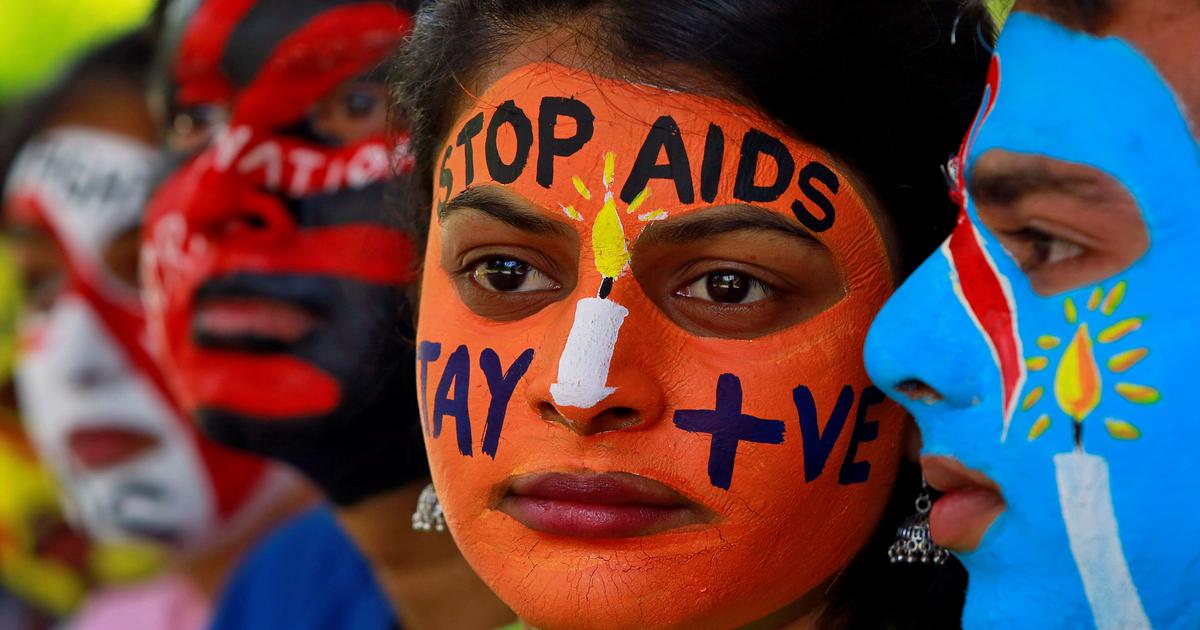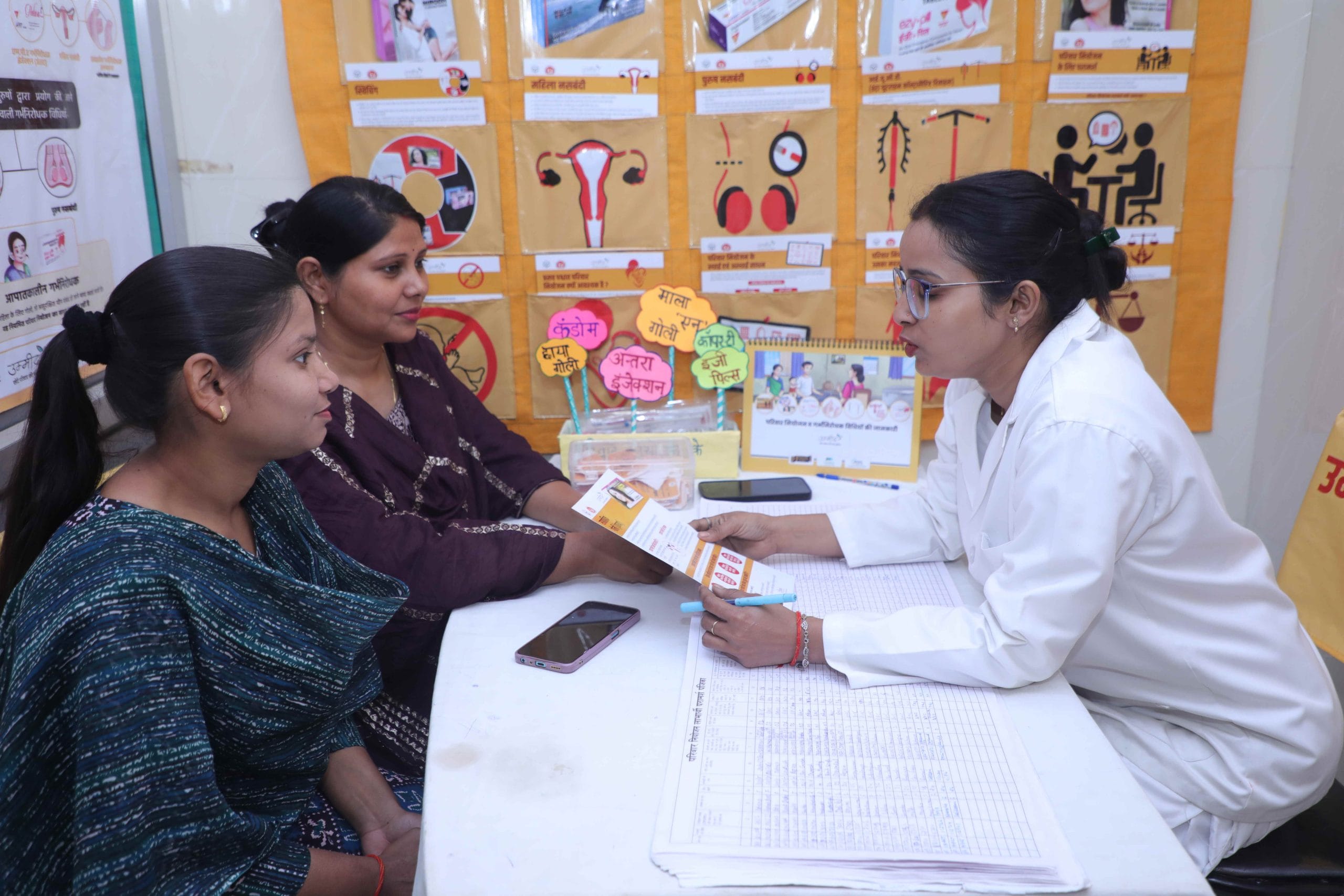My frustrations about period phobia once again resurfaced while reading an article on my BBC news feed last Monday. The article was about yet another case of ‘period shaming’ in an Indian college in Bhuj, in the state of Gujarat. Apart from the obvious shock and anger that I felt at that moment, I pondered upon why period phobia and its associated stigma continues to persist in our society, despite all the headway and progress we have made towards normalisation and de-stigmatisation.

Prashanth Gupta, one of the students who was interviewed by BBC Gujarat, explained how girls had to abide by a register where they were expected to record when they started and ended their periods. Not only is it a gross infringement on privacy and respect, but it also further exacerbates and aggravates the stigma and the fear that is still associated with the monthly menstrual cycle. I read up a little on period phobia in educational institutions, in particular, only to discover that in India, over 23 million women are forced to drop out of school once they begin menstruating.
Prashanth Gupta, one of the students who was interviewed by BBC Gujarat, explained how girls had to abide by a register where they were expected to record when they started and ended their periods. Not only is it a gross infringement on privacy and respect, but it also further exacerbates and aggravates the stigma and the fear that is still associated with the monthly menstrual cycle.
From the stage of puberty, until we enter our golden years, women get their period and endure the monthly menstrual cycle. Despite the headway that has been made to achieve more gender equality with the feminist movement, it is essential to attain success in different facets of women’s rights and struggles. It is only in recent years that discourse about periods and women’s menstrual struggles are becoming an important topic of discussion. Understanding and breaking the stigmas associated with menstruation is necessary to help reinforce not only the feminist movement, but address associated social and cultural ramifications as well.
What is the Source of Stigma?
This story not only sheds light on the obvious lack of, but it also highlights a systematic problem and the dearth of awareness about menstruation. It is first important to deduce and dissect the underlying causes of the stigma and assess its origins. The negative connotation associated with periods is primarily a cultural one, thereby giving rise to another culture of period shaming, which has become increasingly entrenched in society. As the existing taboo still continues to pervade in the form of myth and needless secrecy, serious impediments to dialogue and discussion continue to be hindered. A majority of the problem lies in the lack of information and knowledge about the subject and continues to dominate socio-cultural among many conservative and more hidebound societies.
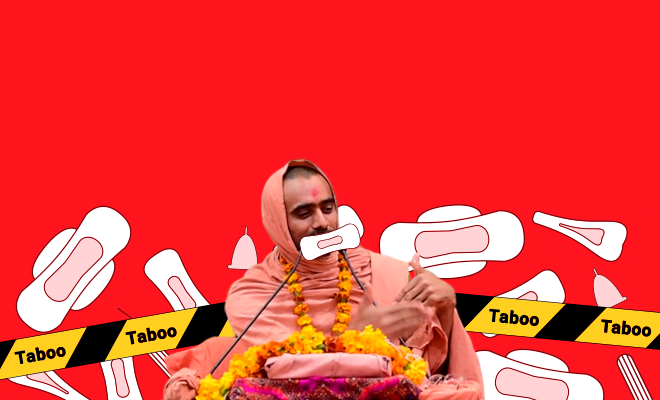
Even today, countries like India continue to employ a more conservative attitude toward analysing the issue. The unwavering influence of ritualism and religion continues to be a hurdle in achieving further change. The interpretation of religion, ritualism and norms leads to the propagation of degenerating and undermining messages about women. Being of Indian origin myself, I remember my mother telling me how girls were confined to separate parts of the house and secluded during the duration of their period in her time. Women are still forbidden from entering temples and places of worship or embarking on religious pilgrimages simply because they are deemed impure.
Progress in the Status Quo
Fortunately, global initiatives like the Period Movement and Positive Periods are proving groundbreaking in their effort to challenge many preconceived notions and hidebound societal norms concerning menstruation. Rather than focusing on endurance, the Period Movement hopes to celebrate menstruation. These campaigns involve mass mobilisation and advocacy efforts to crumble the bulwarks associated with the stigma.
Also read: The Unwelcome Custom Of Celebrating My Menstrual Experience
Additionally, over the years, though not as ubiquitous, advocacy of this nature against period phobia has also been prominent in pop culture and different forms of media. As a result, the subject is being dealt with more openly and seriously. From Gloria Steinem’s 1978 essay, ‘If Men Could Menstruate’ to Eve Ensler’s Vagina Monologues and genuine depictions of periods in shows like Mad Men, Girls and Orange Is the New Black, the portrayal of menstruation is beginning to improve.
To shed light on the Indian perspective, India’s Supreme Court recently declared a renouncement of the ban on ‘menstruating women’ in one of holiest temples in the Indian State of Kerala, citing that religion could not deny women the right to worship in this case and was a constitutional immorality.
To shed light on the Indian perspective, India’s Supreme Court recently declared a renouncement of the ban on ‘menstruating women’ in one of holiest temples in the Indian State of Kerala, citing that religion could not deny women the right to worship in this case and was a constitutional immorality. Perhaps, this will create ripples that might extend to other religious institutions in different states in India and alert governments and societies to the importance of breaking the surrounding stigma.
Furthermore, the 2015 #HappytoBleed campaign helped accentuate the sexism and the taboo that periods often carry in general public and media discourse. As a part of the campaign, many women and girls held placards or sanitary napkins with the slogan, Happy to Bleed to help transcend awareness and stand up against the sexist and dogmatic stigma that is so often inextricably linked with periods.
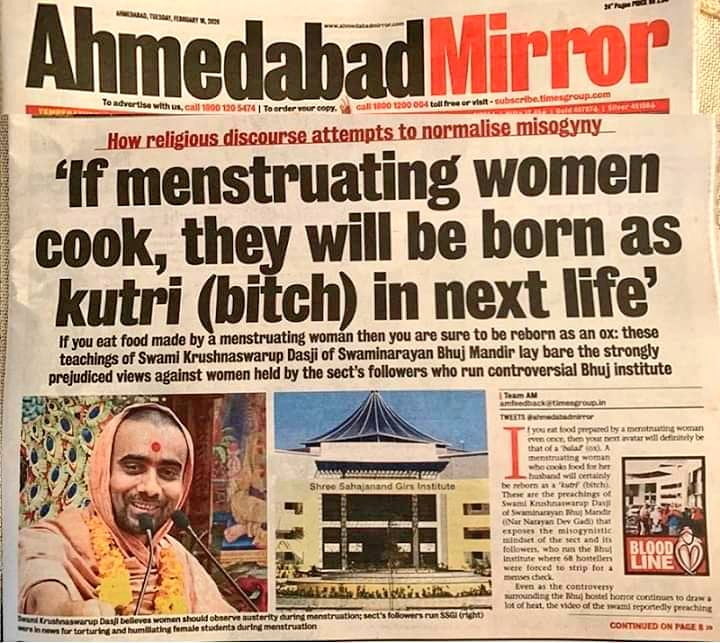
Over the years, menstrual practices have positively evolved and are alleviating many previous problems and struggles faced by women. From using cloth, women now have access to durable pads and hygiene supplies due to the progress of science, technology and dissemination of information, particularly with more sexuality education. Fortunately, in the state of Maharashtra, menstrual health is being made compulsory. Other strategic solutions should involve targeting necessary stakeholder groups and also include a greater number of community-based health education and provision of low-cost hygiene supplies for women in rural areas specifically.
Also read: National Period Day: Make Menstrual Hygiene An Active Concern In Health Manifestos
Hopefully, with the continued trajectory, social constructs that burn women at the stake and contribute to the suppression of ideas will finally be reviewed and questioned. The period taboo or period phobia case here is a representation of the larger problem of menstrual stigmatisation among many south Asian countries. It will prove to be an important impetus for yet more progress and change in the status quo and the current cultural and social norms.
Featured Image Source: BBC
About the author(s)
Shivani is currently a political science undergraduate student enrolled at Sciences Po Paris. She hopes to embark on a career in investigative reporting and journalism. Shivani is a lover of coffee, obscure films, sitcoms, political podcasts, and siestas. In her free time, she enjoys writing and curating her next Spotify playlist.
